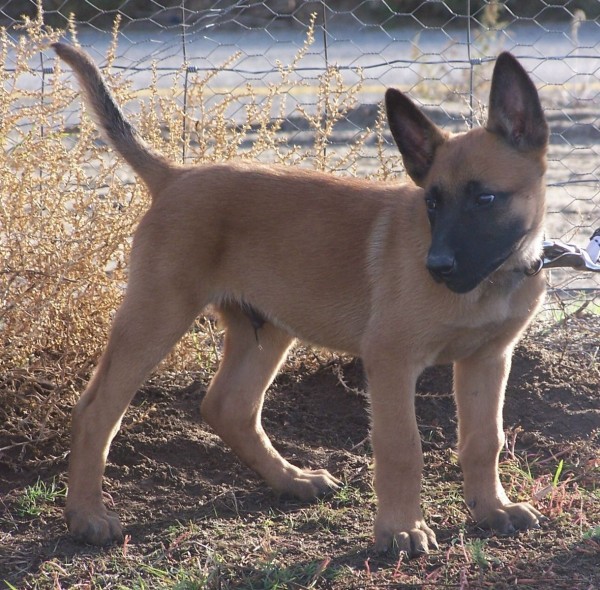
Advertisement
Russian police and security services are set to test special “designer dogs” that have been cloned in South Korea for the purpose of sniffing out drugs and explosives – and, some believe, for military purposes.
To date, three dogs – Belgian Malinois – were cloned by Prof. Hwang Woo Suk, Ph.D, who gave them to Russia for use by the FSB, the equivalent of the NSA in the U.S., in Yakutia, also called the Sakha Republic, the coldest inhabited part of the planet, the UK’s Daily Mail reported.
The Daily Mail added that Yakutia is the same part of Siberia where Hwang is gathering samples from extinct woolly mammoths, which have been preserved for thousands of years in the permafrost, with the goal of bringing the species back to live in their native habitat.
The dogs were revealed at the Mammoth Museum in the regional capital city of Yakutsk, where they were officially turned over to the All-Russian Military-Historical Society, which plans to pass them out as needed to law enforcement services.
The dogs were cloned using a tiny skin sample taken from a Belgian Malinois, which is a rugged breed of dog that has a highly sophisticated sense of smell. A cell from the skin sample was placed in a hollowed-out egg that was donated by another Malinois and then drenched with electricity to spark fertilization.
Next, the newly-formed embryo was placed in the womb of a surrogate female Malinois. Two months later, the cloned sniffer dogs were born, with the hope that the pups would replicate the abilities of the Korean sniffer dog.

Potential for military use
Some scientists believe that cloned dogs are stronger and more muscular than dogs conceived naturally, which would make them ideal for the Siberian cold.
“These dogs have been recreated from the cells of the best Korean sniffer dogs, inheriting their unique abilities,” said the museum’s director, Semyon Grigoryev, the Daily Mail reported. “They will be the first cloned service dogs in Russia.”
The director added that the three dogs were among 500 cloned puppies originating at the Sooam Biotech laboratories in Seoul, the globe’s first animal cloning center. Grigoryev said the dogs given to him by Hwang are very young, but noted that they had been through some basic training in Korea, “so handlers here will decide what best to choose for them depending on their abilities and talents.”
The military-historical society, along with the Russian police and special services, will provide dogs as and when needed. Grigoryev said that the society’s trainers are very keen on dogs that can detect explosives, and he believes that this is most likely where the three gifted dogs will be used. He noted that the dogs were a “present to Russia” from the South Korean lab.
The Siberian Times noted that the Mammoth Museum has a history of working with Hwang and the Sooam Biotech lab on the more ambitious project of cloning a long-extinct woolly mammoth. And for that, the Yakutia region is replete with mammoth biological material.
As for the potential use of such cloned dogs for the military, neither report mentioned this specifically. But it’s clear that the military will likely be following the Siberian research project with the use of dogs as an enhancement to security.
Sources:
Submit a correction >>
This article may contain statements that reflect the opinion of the author
Advertisement
Advertisements















